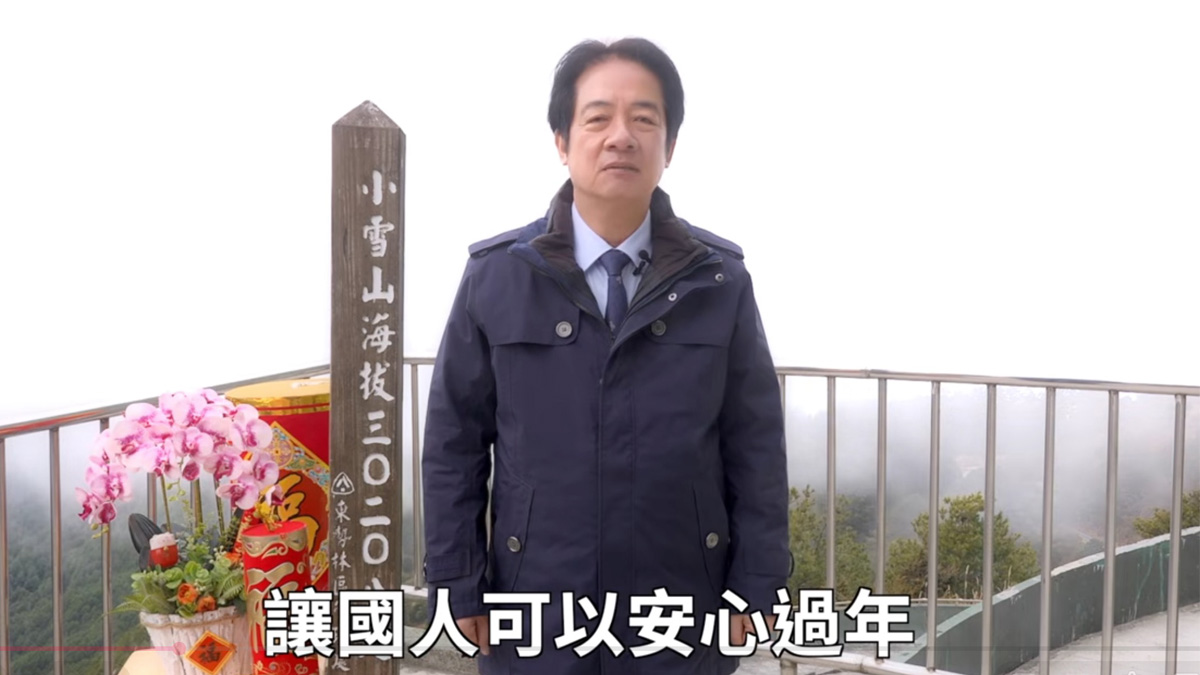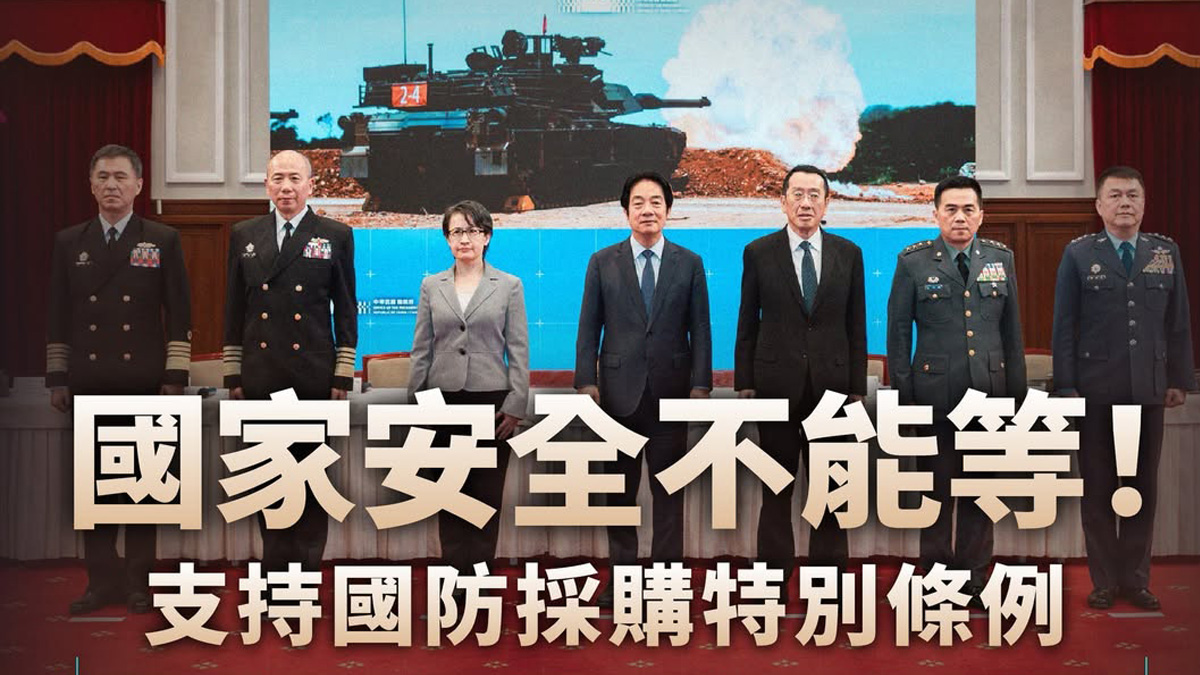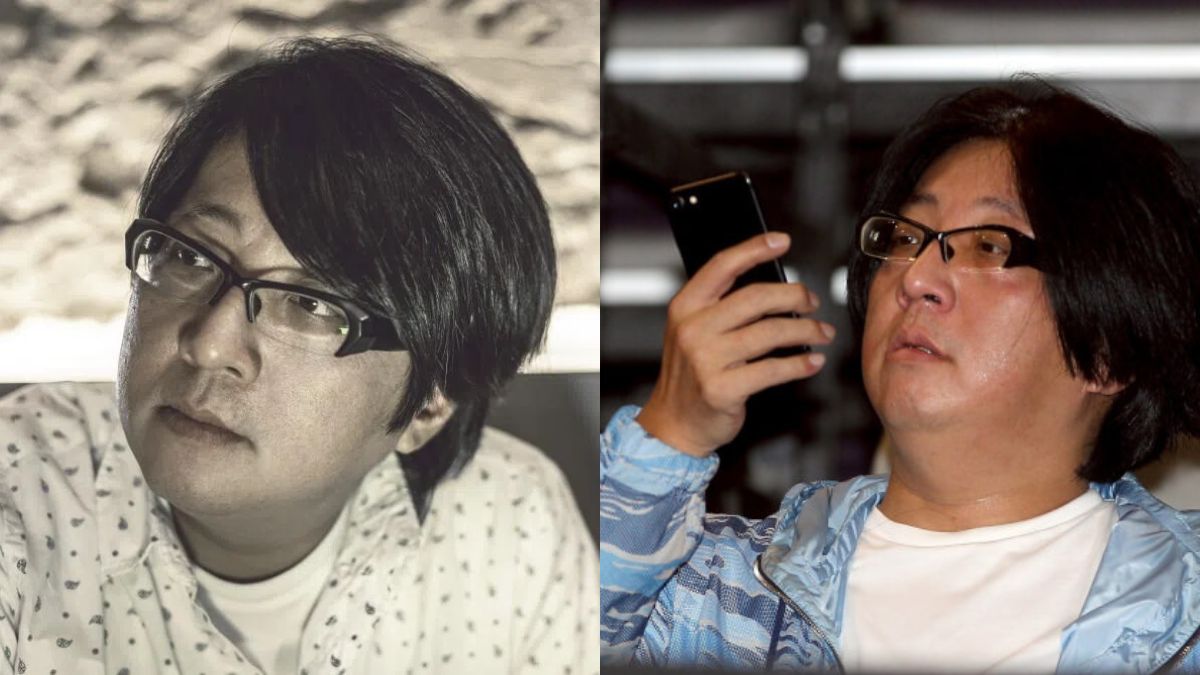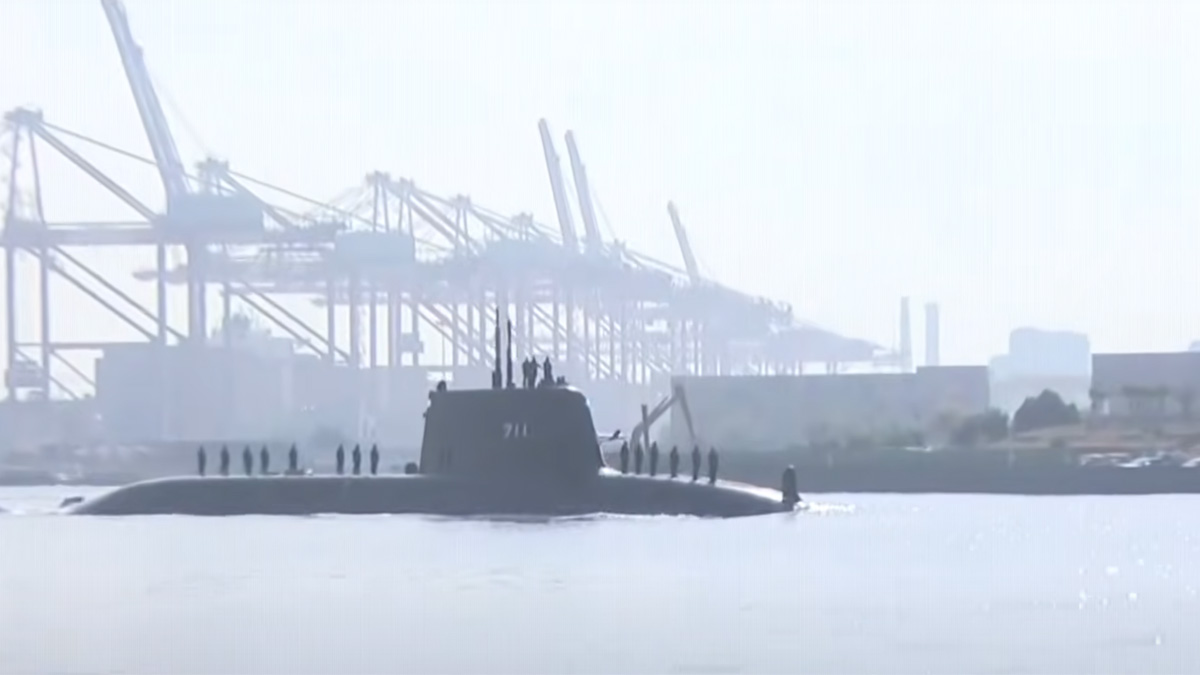Taipei condemns Beijing's Yellow Sea missile drill as regional destabilisation
Taipei has denounced Beijing's live-fire missile drills in the Yellow Sea, accusing China of using military threats to intimidate Japan and destabilise the Indo-Pacific, following comments by Japanese Prime Minister Sanae Takaichi on Taiwan's security relevance to Japan.
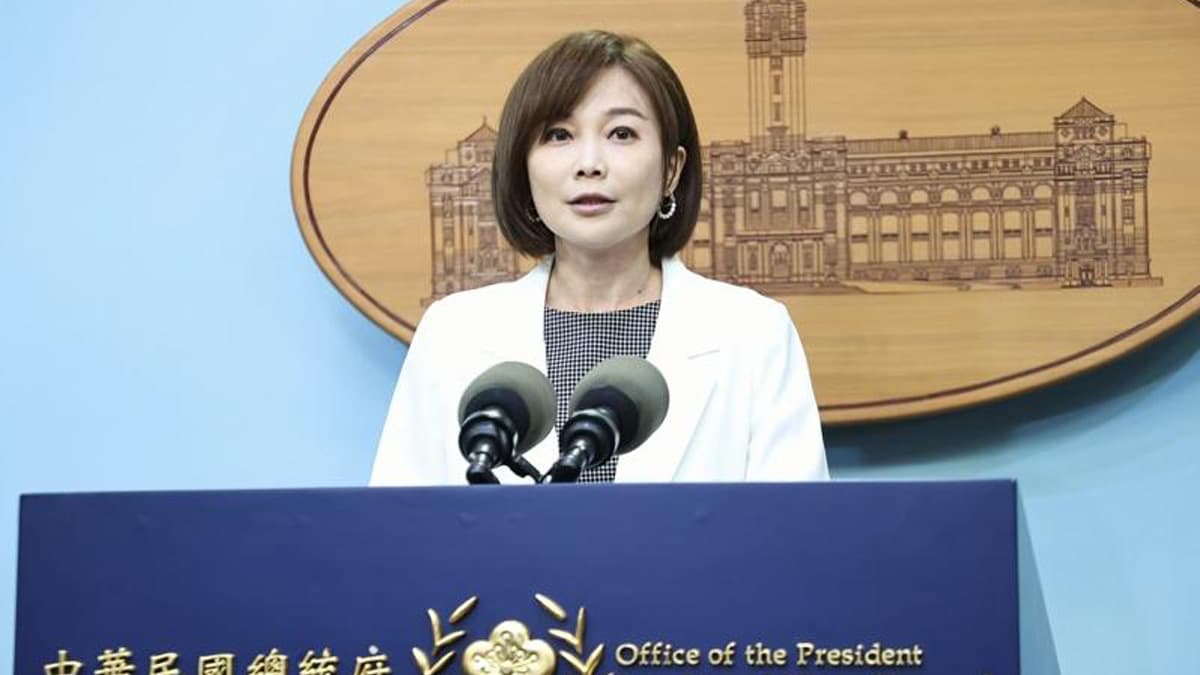
- China is set to conduct live-fire missile drills in the Yellow Sea from 19 to 21 November.
- Taipei accuses Beijing of destabilising the Indo-Pacific and intimidating Japan.
- Tensions follow Japanese PM Takaichi’s comments on Taiwan as a potential security threat to Japan.
The Presidential Office in Taiwan has condemned Beijing’s announcement of live-fire missile drills in the Yellow Sea as a politically motivated act of intimidation against Japan, warning that such actions threaten stability in the Indo-Pacific region.
According to a navigational hazard notice issued by the Chinese Maritime Safety Administration on 17 November, the People’s Liberation Army (PLA) will conduct missile tests involving live munitions in the central area of the Yellow Sea from 19 to 21 November.
The announcement came just days after Chinese authorities issued a travel advisory against Japan, citing an increase in criminal incidents involving Chinese nationals and what it described as “provocative” rhetoric from Tokyo on Taiwan-related issues.
Beijing’s recent moves are widely seen as a response to remarks made by Japanese Prime Minister Sanae Takaichi on 7 November, during a parliamentary session.
Takaichi stated that a “Taiwan contingency” involving a Chinese blockade of the island could amount to a “survival-threatening situation” for Japan under its security laws.
Her comments were met with a hostile reaction from Chinese officials. In a now-deleted social media post, Chinese Consul General in Osaka, Xue Jian (薛劍), issued a threatening message, saying: “If you go sticking that filthy neck where it doesn’t belong, it’s gonna get sliced right off. You ready for that?”
Presidential Office spokeswoman Karen Kuo (郭雅慧) strongly criticised Beijing's response, describing the missile drills and rhetoric as a “politically motivated bid to generate hybrid threats targeting Japan.” She warned that China’s actions posed a serious risk to regional security and called for responsible behaviour from Beijing.
“Taiwan urges China to desist from being the troublemaker or engaging in inappropriate unilateral activities,” Kuo said in an official statement.
National Security Council Secretary-General Joseph Wu (吳釗燮) echoed the Presidential Office’s stance, taking to social media to denounce the Chinese government’s approach.
He accused Beijing of engaging in “humiliating rhetoric and military intimidation” and urged reflection on the “insulting” language used by Chinese diplomats.
“Taiwan, a long-time target of China’s threats and coercion, condemns the Chinese government’s uncivilised behaviour that threatens to destabilise the region,” Wu wrote.
A Taiwanese government official familiar with foreign affairs further criticised Beijing’s approach, characterising it as part of a broader pattern of hybrid threats combining verbal violence, economic pressure, and the threat of military force.
“Japan is not the only victim of China’s hybrid threats,” the official said, noting that the shift in Tokyo’s national security posture has been evolving over time in response to the changing regional dynamics, and is not solely a reaction to Takaichi’s recent remarks.
The same official stated that the Japanese Prime Minister’s comments were consistent with Japan’s strategic policies and aligned with the broader international community’s understanding of Tokyo’s security concerns.
They added that Beijing’s “excessive and irrational” reaction is unlikely to reduce tensions and could, in fact, increase the risk of miscalculations in the region.
This incident adds to an increasingly tense security environment in East Asia, where military posturing and diplomatic friction between China and its neighbours have grown more frequent.
Analysts have noted that the PLA’s missile drills near Japan and Taiwan are part of a broader pattern of regional power projection, particularly aimed at deterring foreign involvement in the Taiwan Strait and undermining allied cooperation in the region.
While China maintains that its military exercises are routine and defensive in nature, critics argue that they are designed to send a clear political signal — one that risks further escalation if misinterpreted or met with a reciprocal show of force.


